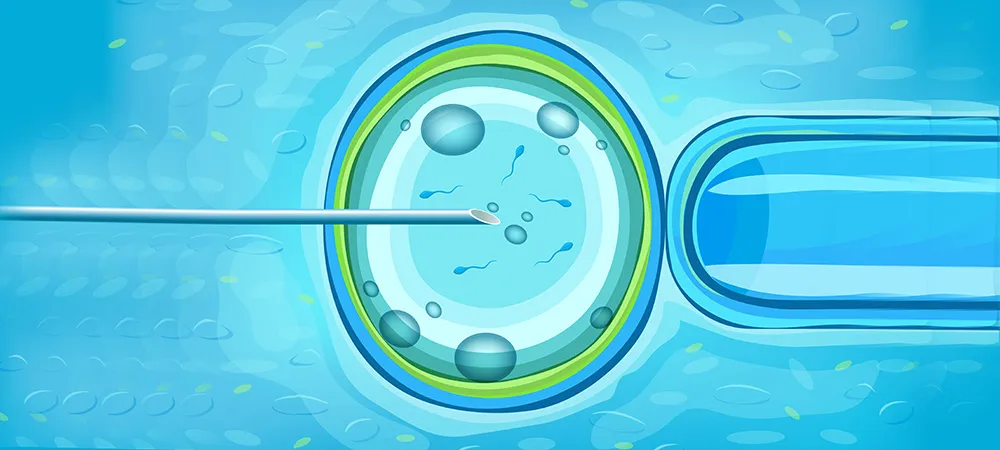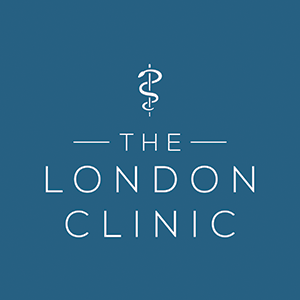IVF is a medical procedure provided to individuals or couples to achieve their dream of starting and growing families.
In this ultimate guide to the IVF process, we will cover everything you need to know about IVF, from the initial evaluation to the aftercare following the procedure.
1. Initial Evaluation
Before starting the IVF process, you will meet with a fertility specialist who will conduct a thorough evaluation to determine the cause of your infertility.
The evaluation may include a physical exam, blood tests, and a semen analysis for men.
Women may also have additional tests such as a pelvic exam, ultrasound, and a hysterosalpingogram (HSG) to assess the health of their reproductive organs.
Are you in need of fertility assessment tests? Talk to a patient support specialist to get you started.
2. Medication and Monitoring
Once the evaluation is complete, your IVF specialist will create a treatment option that includes medications to stimulate egg production.
These medications are usually administered through injection and are taken for several days.
During this time, you will be monitored closely to ensure that your body is responding to the medications as expected.

3. Egg Retrieval
Once your eggs have matured, your fertility specialist will perform an egg retrieval procedure using a small needle to extract the mature eggs from your ovaries.
The procedure is usually done under sedation or anaesthesia and typically takes about 20-30 minutes.
4. Fertilization
After the eggs are retrieved, they are combined with sperm in a laboratory setting.
The sperm can come from your partner or a donor, depending on your circumstances.
The fertilization process may occur naturally, or your fertility specialist may use intracytoplasmic sperm injection (ICSI) to assist with fertilization.
READ: How to Prepare for an IVF Cycle
5. Embryo Transfer
Once fertilization has occurred, the resulting embryos will be monitored in the laboratory for several days to determine which ones are developing properly.
The best-quality embryos are then selected for transfer to the uterus. This process is typically done using a small catheter, and it's usually painless.
After the transfer, you'll be instructed to rest for a short period before going home.

6. Aftercare
After the embryo transfer, your IVF specialist will provide instructions for aftercare.
You may need to take additional medications to support the implantation and growth of the embryo.
You will also need to avoid strenuous physical activity for a few days and refrain from sexual activity for a week or two.
About two weeks after the transfer, you will have a blood test to confirm whether the IVF process was successful.
READ: What to Do After Your Embryo Transfer to Increase IVF Success
In conclusion, IVF is a complex process that requires the expertise of a fertility specialist.
If you're considering IVF, it's essential to work with a qualified and experienced specialist who can guide you through the process and help you achieve your goal of starting a family.
With proper care and attention, IVF can be a successful treatment option for infertility, and it has helped millions of couples and individuals worldwide to achieve their dream of parenthood.










